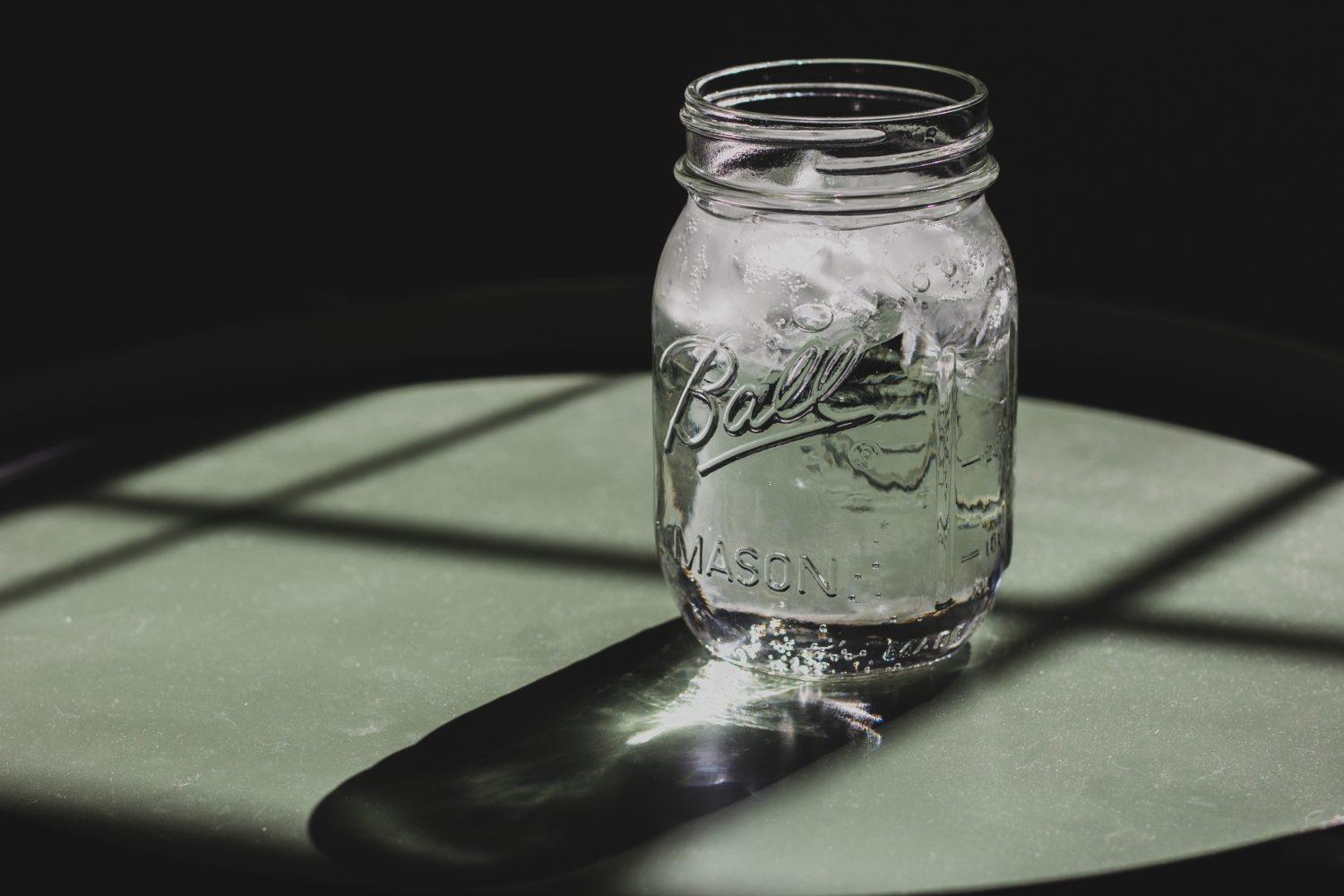Without water our bodies wouldn’t function. Even though it is essential to our lives, its functions and requirements are sometimes overlooked.
Every cell, tissue and organ in your body needs water to work properly. For example, water:
- Gets rid of wastes through urination, perspiration and bowel movements
- Keeps your temperature normal
- Lubricates and cushions joints
- Protects sensitive tissues
How much should you drink?
A well-known and easy rule is to shoot for at least 8 glasses of water per day, but no two bodies are the same. A more accurate measure includes your weight and activity level. Start by multiplying your weight by 60% then add 24 oz of water for every hour of exercise. For example, if you weigh 150 pounds you should drink at least 90 oz, and if you work out for 30 minutes you should increase your intake to 102 ounces.
You might need to modify your total fluid intake based on several factors:
- Environment – Hot or humid weather can make you sweat and requires additional fluid intake. Dehydration also can occur at high altitudes.
- Overall health – Your body loses fluids when you have a fever, vomiting or diarrhea. Other conditions that might require increased fluid intake include bladder infections and urinary tract stones.
- Pregnancy or breast feeding – Women who are pregnant or breast-feeding need additional fluids to stay hydrated.
What happens if you don’t drink enough?
Lack of water can lead to dehydration — a condition that occurs when you don’t have enough water in your body to carry out normal functions. Even mild dehydration can drain your energy and make you tired.
Sodium is a major source of dehydration, followed by sugary and alcoholic drinks. Be sure to add extra water to your day if you are consuming any of these common treats.
If you struggle to remember to drink enough water, use these cues as a reminder:
- Drink a glass with each meal.
- Drink before, during and after exercise.
- Drink if you’re feeling hungry. Thirst can be confused with hunger.
Something as simple as drinking water can significantly impact your body, so drink up!

